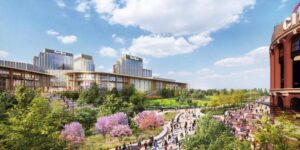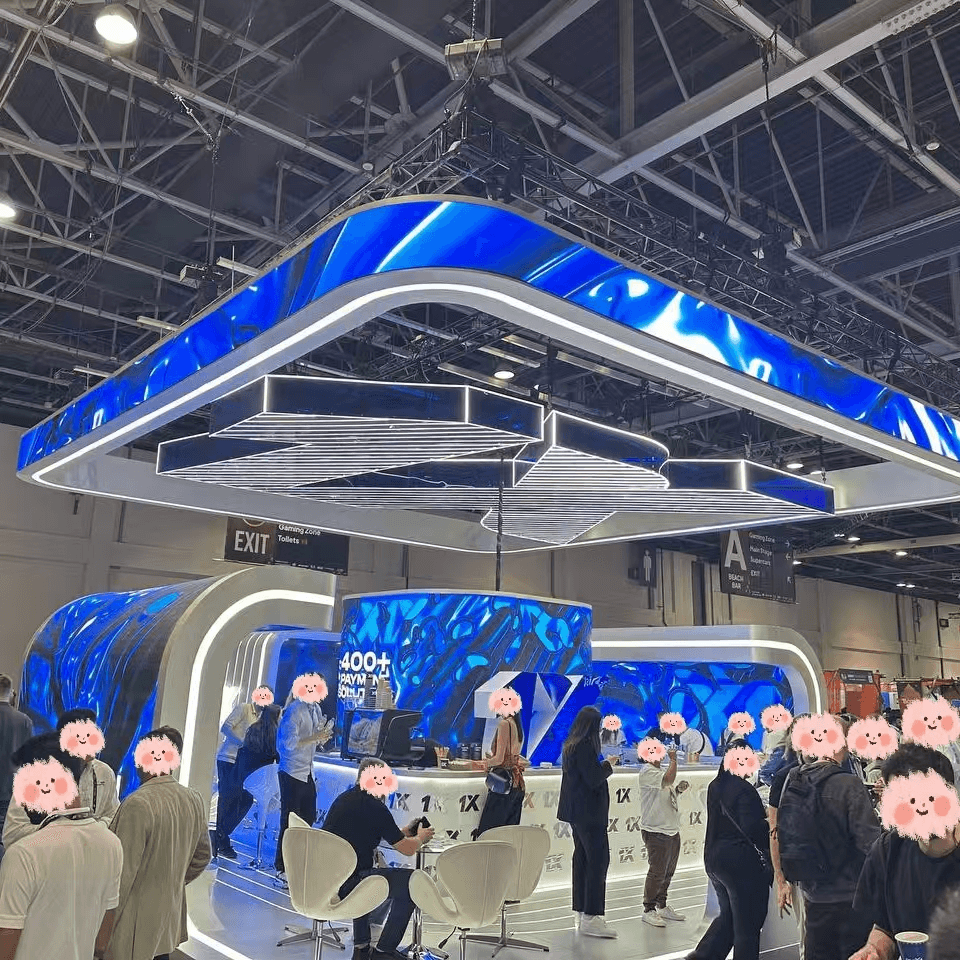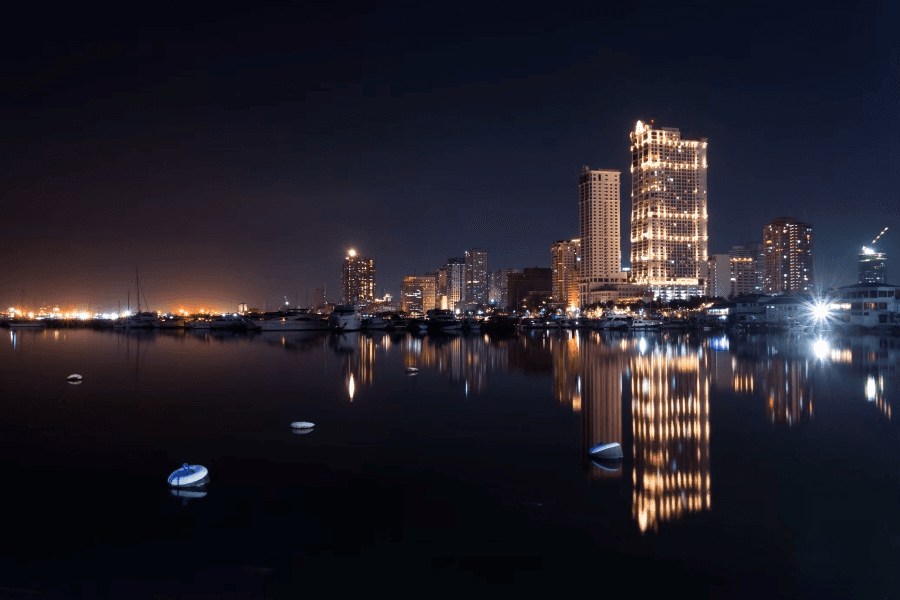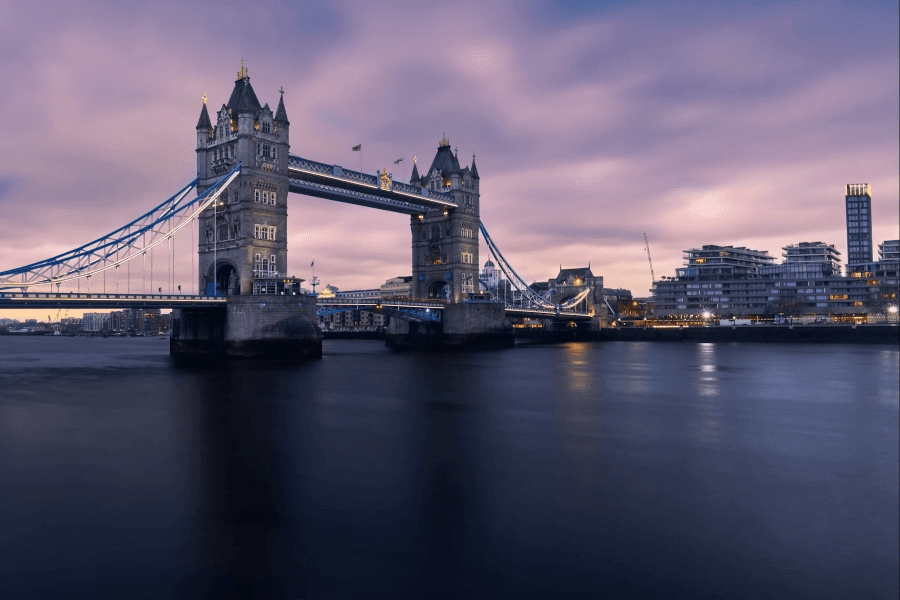Mets Owner Cohen and Hard Rock Unveil Ambitious $8 Billion Queens Casino Complex
Share This Tags The New York Mets’ billionaire owner, Steve Cohen, has unveiled detailed new renderings of his proposed Metropolitan Park complex near Citi Field in Queens. This ambitious $8 billion development would house a casino operated by Hard Rock Entertainment, along with an array of parks, restaurants, shopping areas, and other entertainment attractions. If approved, the project promises to transform the Willets Point neighbourhood into a premier destination, creating over 23,000 jobs in the process.
The New York Mets’ billionaire owner, Steve Cohen, has unveiled detailed new renderings of his proposed Metropolitan Park complex near Citi Field in Queens. This ambitious $8 billion development would house a casino operated by Hard Rock Entertainment, along with an array of parks, restaurants, shopping areas, and other entertainment attractions. If approved, the project promises to transform the Willets Point neighbourhood into a premier destination, creating over 23,000 jobs in the process.
However, Cohen’s vision faces significant political headwinds as he navigates a highly competitive bidding war for one of the three new casino licenses authorized for downstate New York. With various players vying to establish gaming hubs in high-profile locations like Times Square, Hudson Yards, and Coney Island, the path forward for the Metropolitan Park project remains uncertain.
At the heart of Cohen’s plan is a state-of-the-art casino operated by the renowned Hard Rock brand. This would serve as the centerpiece of the 50-acre Metropolitan Park development, which is currently occupied by a parking lot adjacent to Citi Field. Beyond the casino, the project envisions the creation of 20 acres of new public parks, 5 acres of community athletic fields, and a range of dining, shopping, and entertainment options.
Notably, the proposal includes a $163 million “community impact fund” that would provide grants to local Queens non-profits, underscoring Cohen’s commitment to investing in the surrounding neighbourhoods. Additionally, the plan calls for accessibility upgrades at the Mets-Willets Point 7 train stop, improved roadways and cycling paths, as well as the construction of a new live music venue and a “Taste of Queens” food hall featuring local vendors.
The Metropolitan Park project aligns with the city’s broader efforts to revitalize the Willets Point area, which has long been characterized by a derelict collection of auto body shops and scrapyards. The proposal envisions transforming this neglected landscape into a thriving entertainment and recreational destination.
Alongside the casino and associated amenities, the plan includes the development of a new soccer stadium for New York City Football Club, as well as the construction of thousands of units of affordable housing. This comprehensive approach aims to breathe new life into the Willets Point neighbourhood, creating a vibrant, mixed-use community that caters to a diverse range of residents and visitors.
While the Metropolitan Park project holds significant promise, it faces stiff competition in the race for one of the three new casino licenses authorized for downstate New York. Cohen is just one among several high-profile players vying for these coveted gaming concessions, with bidders seeking to establish casinos in a variety of prominent locations, including Times Square, Hudson Yards, the United Nations, Coney Island, and the former Trump Links golf course in the Bronx.
The licensing process is designed to engage local communities and elected officials, with any casino proposal requiring approval from a committee appointed by representatives in the area where the project is situated. This community-centric approach has already presented a challenge for Cohen’s plan, as local state Senator Jessica Ramos has expressed opposition to the casino component, citing concerns from her constituents.
Despite the political hurdles, Cohen’s team remains confident in the overall strength of the Metropolitan Park proposal. They argue that the state’s licensing process is designed to involve multiple stakeholders, rather than allowing any single individual to single-handedly approve or reject a project.
The team has highlighted the “overwhelming support” the project has received from elected officials, unions, and the local community, suggesting that there are ample avenues to overcome the current opposition and secure the necessary approvals. They emphasize that the parkland alienation bill required for the Citi Field site can be introduced by any state senator, not just Ramos, and express optimism about the project’s prospects.
The debate surrounding the Metropolitan Park project underscores the delicate balance between community interests and the potential economic benefits of large-scale developments. While some residents may be wary of the casino component, Cohen’s team argues that the broader package of parks, amenities, and community investments outweigh these concerns.
The $163 million community impact fund, for instance, represents a significant commitment to supporting local non-profits and addressing the needs of the surrounding neighborhoods. Additionally, the creation of over 23,000 jobs, both permanent and temporary, could have a transformative impact on the local economy, providing employment opportunities and boosting the overall prosperity of the region.
As Cohen and his team navigate the regulatory landscape, they must contend with a complex web of state and local approval processes. The parkland alienation bill, which would allow for the development of the Citi Field parking lot, is just one of the hurdles they must overcome.
The project’s fate also hinges on the decisions of the committee appointed by local elected officials, which will have a significant say in whether the Metropolitan Park proposal moves forward. This community-driven approach is designed to ensure that the voices of residents are heard and their concerns are addressed.
The competition for the three new casino licenses in downstate New York has ignited a fierce battle, with various players vying to establish gaming hubs in some of the region’s most prominent locations. This has created a complex landscape where the Metropolitan Park project must compete with other high-profile proposals, each with its own set of stakeholders and community dynamics.
As Cohen and Hard Rock work to secure the necessary approvals, they must navigate the delicate balance between their own commercial interests and the concerns of the local community. This requires a nuanced approach that not only highlights the economic benefits of the project but also addresses the legitimate fears and priorities of the residents who will be most impacted by the development.
Ultimately, the success of the Metropolitan Park project will hinge on its ability to foster inclusive and sustainable development that truly benefits the local community. This means not only creating jobs and generating economic activity but also investing in public amenities, improving infrastructure, and supporting the broader social and cultural fabric of the Willets Point neighbourhood.
By prioritizing community engagement, environmental sustainability, and equitable development, Cohen and his team have the opportunity to set a new standard for large-scale projects in the region. This could serve as a model for how to balance the needs of various stakeholders and create transformative change that uplifts the entire community.
As the bidding war for the three new casino licenses in downstate New York intensifies, the Metropolitan Park project faces a complex and uncertain road ahead. However, Cohen’s team remains steadfast in their commitment to realizing their ambitious vision, confident in the project’s merits and the support it has garnered from elected officials and the local community.



 2024-09-26
2024-09-26












